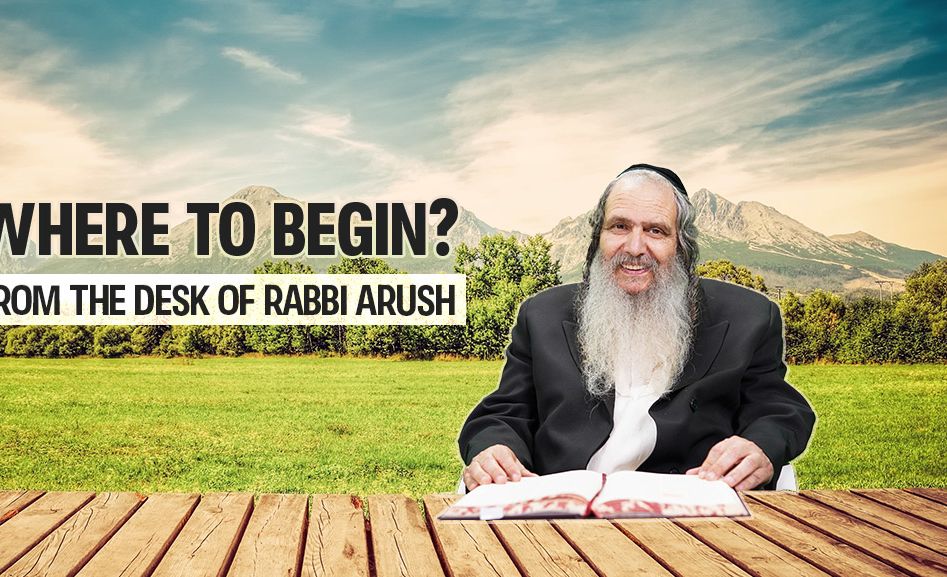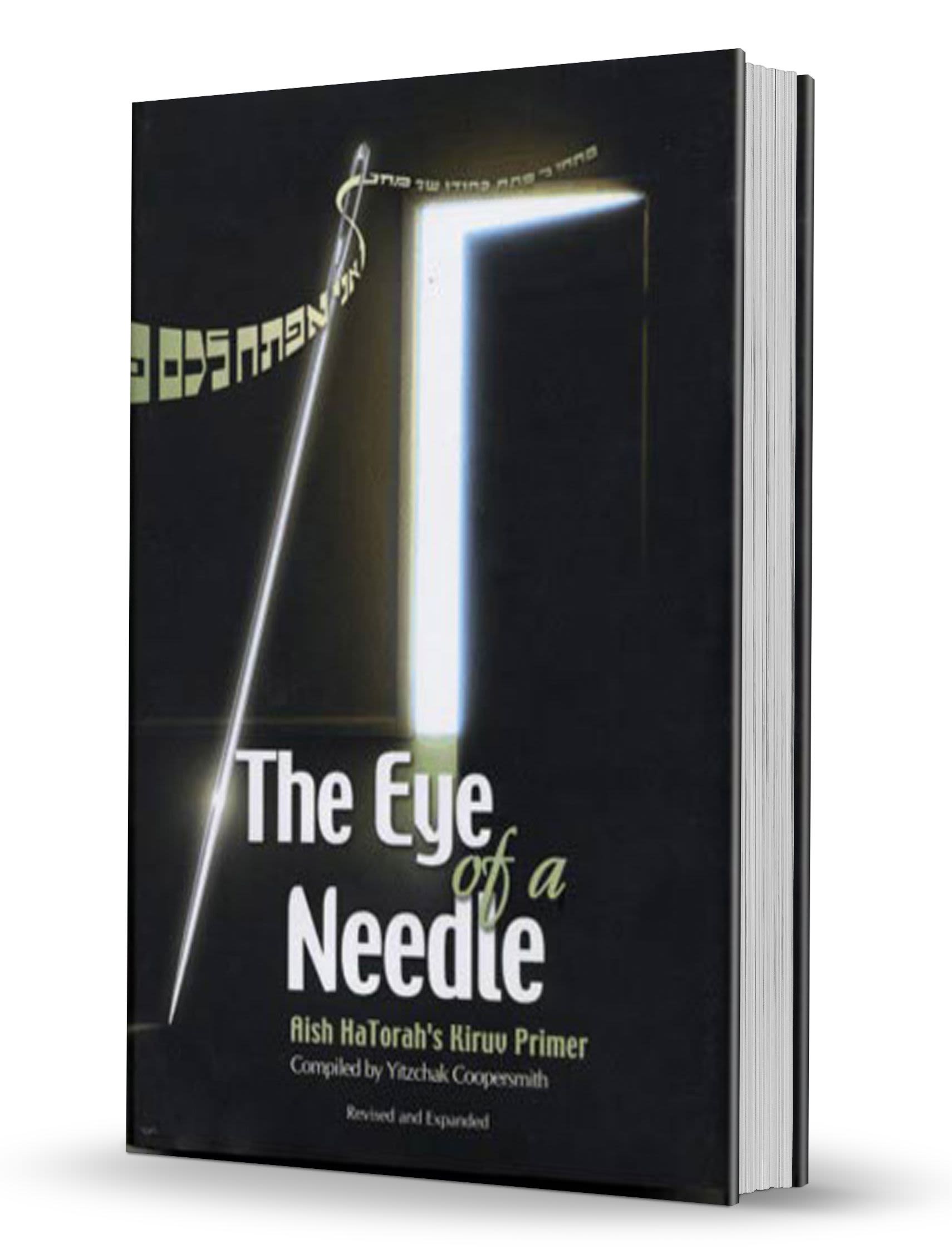
Doing Ourselves a Favor
Rebbe Nachman therefore says that the value of personal prayer exceeds all else, for it's the basis of establishing a true, lasting and personal relationship with Hashem...

Elul is almost here again and it’s time to get our house in order before the High Holidays.
Hashem wants us to be courageous enough to come to Him and confess, speaking the truth from no matter how low a place we might be. The heartfelt and truthful confession of a person who did even a terrible sin is much dearer to Hashem than the perfunctory beating of one’s chest. Hashem wants the truth, not empty displays of piety.
Rebbe Nachman therefore says that the value of personal prayer exceeds all else, for it’s the basis of establishing a true, lasting and personal relationship with Hashem. How soothing it is to spill your heart out to Hashem! Our sages therefore say (Tractate Avot, 4:17), “An hour of teshuva and good deeds in this world is better than the entire World to Come.” With a daily hour of personal prayer, you’ll get to know Hashem. This helps a person cast away the lies, doubts and misconceptions that the evil inclination tries to plant in his heart and mind. My dear student, Rabbi Yosef Rand, may Hashem bless him, told me an interesting interpretation of what our sages say (Tractate Berachot, 9b), “Worry about the problem in its  hour,” in other words, wait to worry. Rabbi Rand told me that our entire concern with a problem should be “in its hour,” the daily hour that we speak to Hashem in personal prayer.
hour,” in other words, wait to worry. Rabbi Rand told me that our entire concern with a problem should be “in its hour,” the daily hour that we speak to Hashem in personal prayer.
When a person becomes accustomed to a daily hour of personal prayer and stops blaming others for his problems, he assumes responsibility for himself. The words that he speaks to Hashem help him see the truth, to understand what’s happening in his life, and to realize his actual spiritual rung without fooling himself in all types of fantasies. He seeks to get close to Hashem from his point of truth. He is candid and sincere.
The Zohar implores a person to take stock of himself daily before going to sleep at night. As King Solomon says (Ecclesiastes 9:10), “There is neither doing nor reckoning nor knowledge nor wisdom in the grave where you are going.” In other words, in the next world, we won’t be able to rectify what we can in this world. Our daily reckoning is therefore an extremely vital part of our lives. Through daily soul-searching and teshuva, one turns all of his or her setbacks into triumphs. So let’s stop hiding from Hashem.
The Torah commands (Numbers 5:6), “Speak to the Children of Israel: a man or woman who commits a transgression…they shall confess their sin that they did.” Hashem knows that we’ll sin, so He gives us simple and effective advice as to how to rectify it – by confessing directly to Him.
The objective of confessing is to enable us to stop hiding, in other words, to overcome our shame and embarrassment in acknowledging that we did something wrong. Most important, though, confessing helps us to internalize the fact that we cannot guard ourselves against sin without the constant help of Hashem. In our public confessions (Tachnun, after the Amida in our daily prayers of Shacharit and Mincha), we say, “O G-d and G-d of our fathers, may our prayers come before You, and don’t ignore our supplications, for we are not so insolent and stiff-necked to tell you that we are righteous and we haven’t sinned, but we and our ancestors have sinned.” Our merit in prayer is that we are not hiding from Hashem and that we are admitting to our mistakes. By virtue of our candid confession, we can ask for Hashem’s complete forgiveness.
The Zohar teaches an amazing principle: when a person confesses to Hashem, all the mekatregim, the prosecuting angels, are silenced. Hashem tells them, “I need not hear slander from you! The individual has already confessed and begged My forgiveness!” But, when a person tries to hide from Hashem, the prosecuting angels demand justice, and very stern judgments arise that filter down and manifest themselves as all types of difficulties in that person’s life. Consequently, one who takes the initiative and confesses – as soon as possible after wrongdoing, and at least on a daily basis – is doing himself a magnificent favor.










Tell us what you think!
Thank you for your comment!
It will be published after approval by the Editor.